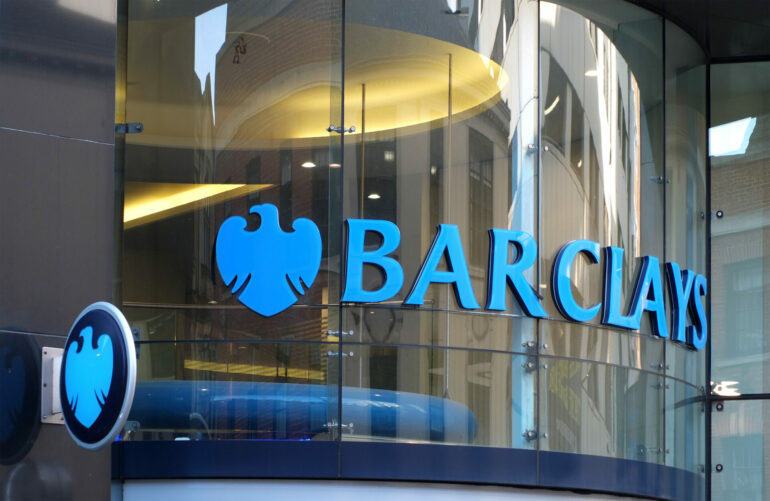Mortgage and rental payments stabilised during March, with consumers spending just 1.8% more compared with last year, data sourced by Barclays has revealed.
Although a slight increase, this was well below the 12.2% increase recorded in June 2023 when growth was at its highest, and the lowest year-on-year increase on file since March 2023.
However, the data gleaned from Barclays current accounts revealed that many consumers were still cutting back or looking for additional sources of income.
As a result, consumer card spending on non-essential items slowed to its lowest level in 18 months.
One in six (16%) consumers said they were not confident in their ability to meet their mortgage or rental payments, and a further 18% were adjusting their spending habits to cope with rising housing costs.
To improve energy efficiency and safeguard against future energy price shocks, one in 10 homeowners reported taking steps to retrofit their property.
To generate additional income, a relatively small percentage of homeowners (3%) started renting out a room in their house in the past year, rising to 12% for homeowners in London.
In addition, renters said they were losing out because demand was outpacing supply – 22% felt that there is too much competition for rental properties in their area, resulting in lower value-for-money.
One in four renters also cited the cost of a deposit as the biggest barrier to home ownership.
More broadly, household spending – such as on DIY and electronics – fell by 5.2% in March, with one in six holding off home renovations due to current economic pressures.
After reaching its highest point since November 2021 in February (59%), consumer confidence in the ability to spend on non-essential items slipped to 55% in March.
However, consumer confidence in household finances remained steady at 67%.
Mark Arnold, head of savings and mortgages at Barclays UK, said: “Non-essential spending is still reeling from last year’s spike in housing costs, which caused both homeowners and renters to cut back while looking for additional sources of income – such as delaying renovations and renting out spare rooms.
“However, there are reasons to be optimistic – our data shows that housing costs are stabilising, the inflationary tide is easing, and interest rates are predicted to fall over the coming months, all of which should translate into increased consumer confidence and spending.”
He added: “Moreover, homeowners are taking sensible steps to safeguard themselves from future energy price shocks – with upgrades such as installing a heat pump or solar panels to improve energy efficiency also becoming popular.
“We want help make those changes more affordable for customers, through schemes such as the Barclays Greener Home Reward, which gives a cash reward of up to £2,000 to UK residential mortgage customers who install a qualifying home energy efficiency improvement.”
Jack Meaning, chief UK economist at Barclays, concluded: “While still only tentative, the signs that the UK economy is expanding into 2024 continue to build.
“With an expectation that the Bank of England will cut interest rates from June, and banks responding by reducing mortgage rates, our research suggests that the housing costs that have been a drag on consumers for over a year are on the cusp of a turn, and will become a boost to spending from H2 and beyond.
“Today’s data shows this transition happening in real time.”




